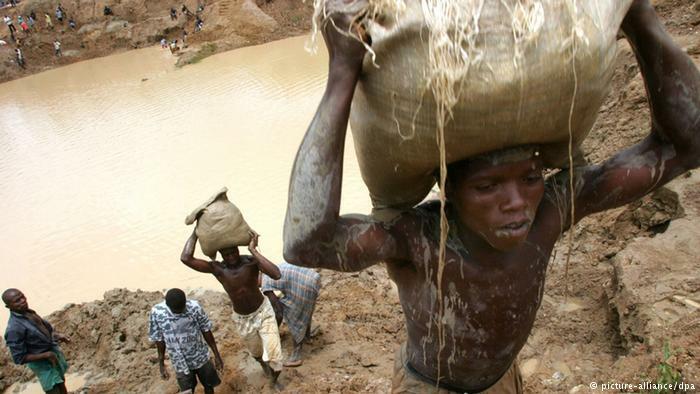As the world continues to move towards a more digital future, it is important to be aware of the potential consequences of the products we use. The research into the mining of cobalt in the Democratic Republic of the Congo (DRC) is a stark reminder of this. According to Statista’s DossierPlus ‘Mining Industry in Africa’, the chances of your phone’s battery being made using cobalt from the DRC are very high.
The DRC is ranked 166 out of 180 countries on Transparency International’s 2022 Corruption Perceptions Index, and it is estimated that one million people are living in modern slavery as of 2018. It is also the world’s largest producer of the metal key to lithium-ion battery production. The U.S. Department of Labor estimates that 40,000 children, some as young as 6 years old, work in the mines in the DRC.
The exploitation of children in the mining of cobalt is a serious issue. Not only is it a violation of basic human rights, but it also has long-lasting implications for the health of the children and the communities in which they work. The hazardous working conditions and lack of safety measures in the mines can lead to serious injuries and long-term health problems.
It is important to be aware of the potential consequences of the products we use and to take action to ensure that our products are not contributing to the exploitation of children. Companies should take steps to ensure that their products are not sourced from the DRC and should ensure that their suppliers have responsible labor practices. Consumers should also be aware of the potential consequences of their purchases and take steps to ensure that their products are not contributing to the exploitation of children.
The research into the mining of cobalt in the DRC is a reminder of the importance of being aware of the potential consequences of the products we use. We should all take steps to ensure that our products are not contributing to the exploitation of children.
Source: www.zerohedge.com
